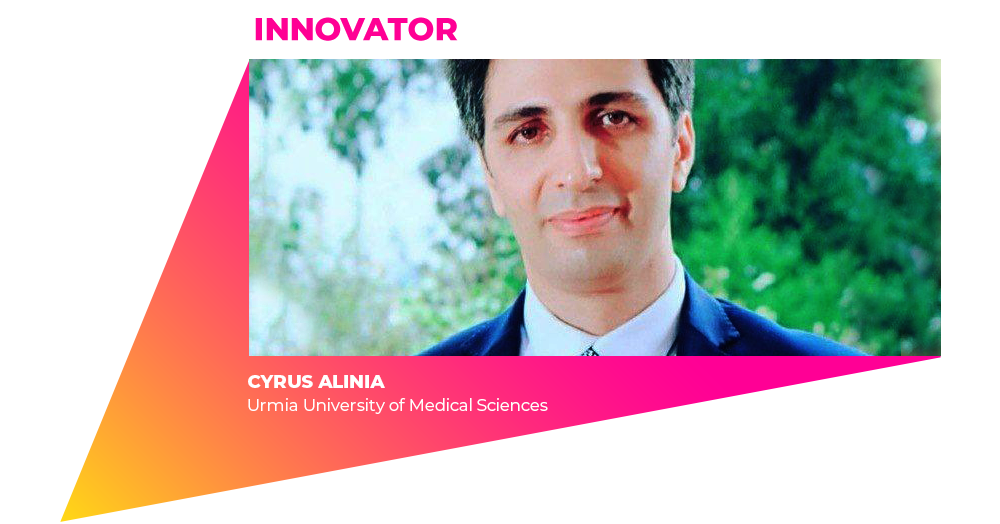Join a powerful, unprecedented alliance for better eye health for all.
Join IAPB-
Choose an alternate language here

Dr Cyrus Alinia holds a PhD in Health Economics. He is a pioneer in ophthalmic economics studies in Iran and has published about 15 papers on eye health outcomes, access, quality, burden, and equity (unmet eye care needs) over the past 10 years.
He contributed many valuable, innovative, and requested pieces of information and evidence on DR-HRQoL (calculation of disability weights), cost-effectiveness in RoP tele-screening, national amblyopia screening programme economic evaluation, HReH distribution, glaucoma screening economic evaluation, fireworks-related eye injuries costs, VI national burden, cataract surgery inequality, eye care utilization and out-of-pocket expenditure, and curative ophthalmic interventions. Some of his work has already influenced eye health policy making in Iran. He has also held several workshops on ophthalmic economics for eye care providers, including ophthalmologists, optometrists, and other related staff. He has advanced the value and position of eye health economics in the country.
“Considering the resource scarcity, especially in low/low-and-middle income countries (such as Iran), economic concepts in macro decisions of resource allocation and correcting the agency relationship between the recipients and the service providers in public eye health is paramount. I believe equitable financing and affordable access to eye care services are the right of every man and woman. We need to re-distribute the resources (human, financial, equipment, and services) as equitable as possible and to focus on unmet needs among deprived groups of society. In this regard, health economists can facilitate optimized decision-making and help to improve efficiency of eye care expenditures.”
– Cyrus Alinia